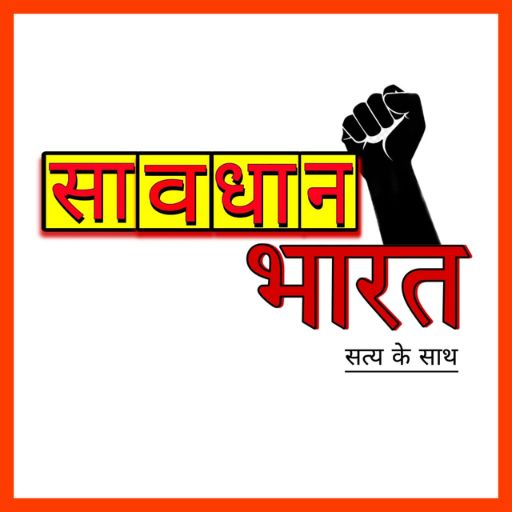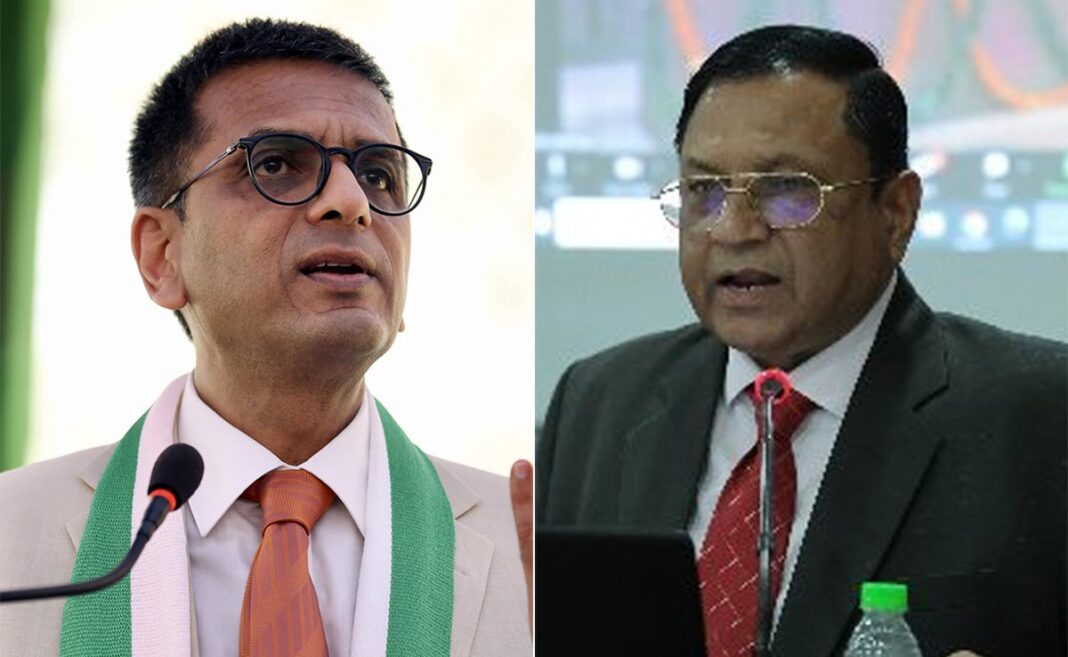bonds: In a recent development at the Supreme Court of India, Chief Justice DY Chandrachud’s tough stance against Adish Aggarwala, the president of the Supreme Court Bar Association (SCBA), has drawn attention to the ongoing controversy surrounding the electoral bonds scheme. This article delves into the background of the issue, the key players involved, and the legal implications of the Supreme Court’s landmark judgment on electoral bonds.
Background: The electoral bonds scheme, introduced in 2018, was aimed at bringing transparency to political funding by allowing donors to contribute to political parties anonymously through these bonds. However, concerns were raised regarding the lack of transparency and accountability in the scheme, leading to a legal challenge.
Key Players:
- Chief Justice DY Chandrachud: Head of the Supreme Court of India, known for his strong stance on legal matters.
- Adish Aggarwala: Senior advocate and president of the SCBA, who sought a suo motu review of the Supreme Court’s judgment scrapping the electoral bonds scheme.
- Solicitor General Tushar Mehta: Representing the government, dissociated from Aggarwala’s request and stated non-support.
Legal Implications:
- Suo Motu Review: Aggarwala’s request for a suo motu review of the judgment raised questions about the separation of powers and the role of the judiciary in addressing electoral reforms.
- Presidential Reference: Aggarwala’s letter to the President urging a presidential reference highlighted concerns about the impact of disclosing corporate donors on political parties and international reputation.
- SCBA’s Position: The SCBA distanced itself from Aggarwala’s views, emphasizing the importance of maintaining the Supreme Court’s authority and condemning any attempts to undermine it.
Conclusion: The electoral bonds controversy in India reflects broader issues related to political funding transparency, judicial review, and the balance of power between different branches of government. Chief Justice Chandrachud’s firm stance underscores the judiciary’s role in upholding democratic principles and ensuring accountability in governance. As the legal battle continues, it remains to be seen how these issues will be resolved and their impact on India’s electoral system.
bonds:
Read here: “Chase Young: Elevating the New Orleans Saints Defense to Championship Heights”



